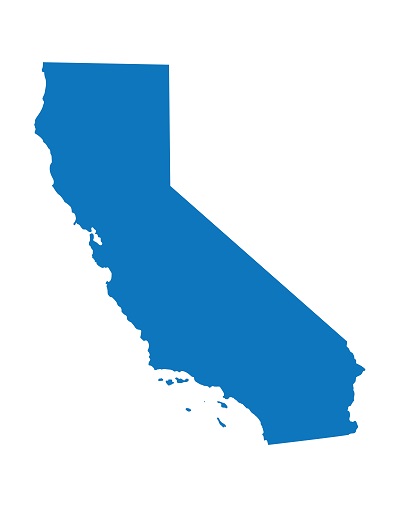
Pollution as a result of fracking activities has become a significant environmental issue in California and has led to increased reform to address the harmful effects of this practice. Fracking refers to the process of drilling down into the earth and injecting shale with a high pressure mixture to release the gas inside the earth. Environmentalists have opposed fracking because of the significant amounts of water needed in the liquid mixture to extract the gases, as well as the carcinogenic effects of the chemicals that could pollute the groundwater around the site where fracking has occurred.
In September, a U.S. district court reversed a plan by a federal organization to conduct drilling and fracking activities across one million acres of public land in central California. The federal plan, spearheaded by the Bureau of Land Management (BLM), sought to engage oil companies to frack twenty-five percent of new wells drilled on land stretching across California’s Central Valley and surrounding counties. Yet, BLM did not adequately address the significant and long term risks of fracking and other extraction methods in the preparation of its resource management plan. Specifically, the lengthy and extensive plan contained scant details about the fracking operations and failed to note the effects on the safety of the water supply or the well-being of endangered species inhabiting the affected lands.
In rejecting BLM’s oil and gas drilling project, the court emphasized the critical importance of assessing the risks of fracking on key environmental conditions before engaging in potentially harmful activities on the land. Fracking was referred to as “the most important environmental issue on [their] plate” and therefore could not be relegated to secondary status in the agency’s environmental impact analysis. The public lands upon which the fracking activity was proposed to occur include groundwater systems that feed into the local water supply in adjacent areas. In addition, the region is the site of considerable biodiversity, containing more than one third of the 130 federally protected endangered species in California. This ruling also highlights the efforts by environmentalists to halt the sales of public land by the state to private oil companies who then engage in fracking to extract oil and gas.
Contact Shane Coons at 949-333-0900 or visit his website at www.ShaneCoonsLaw.com to find out more about his practice.
